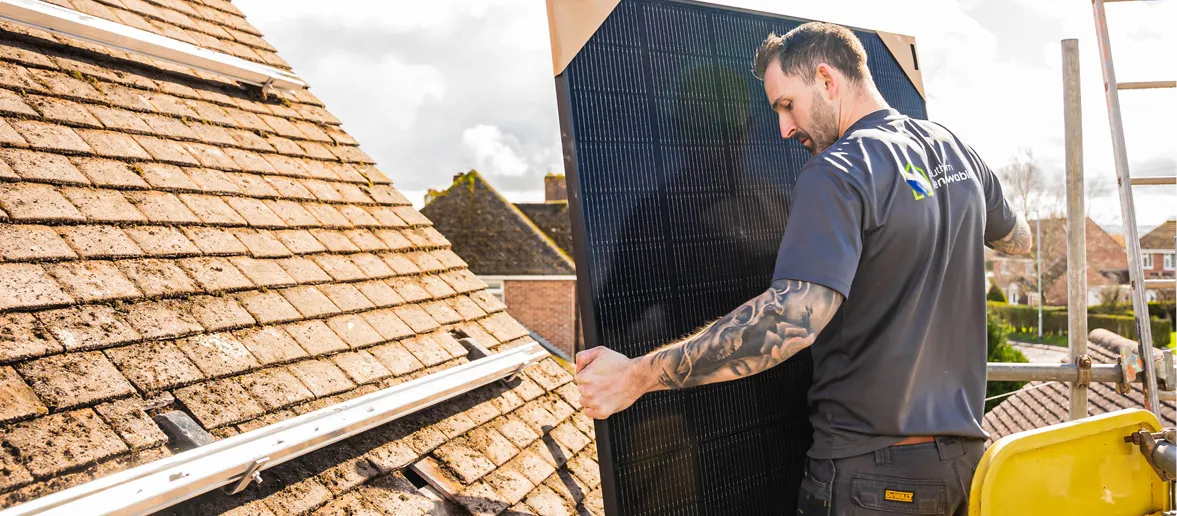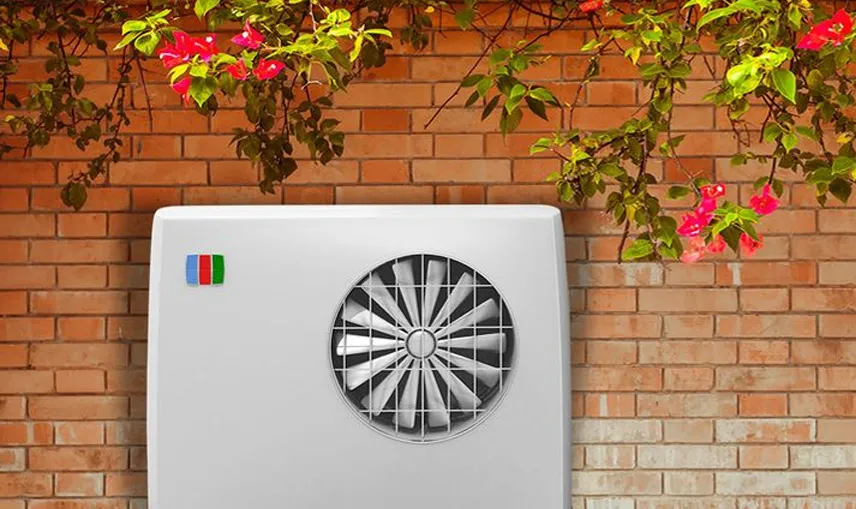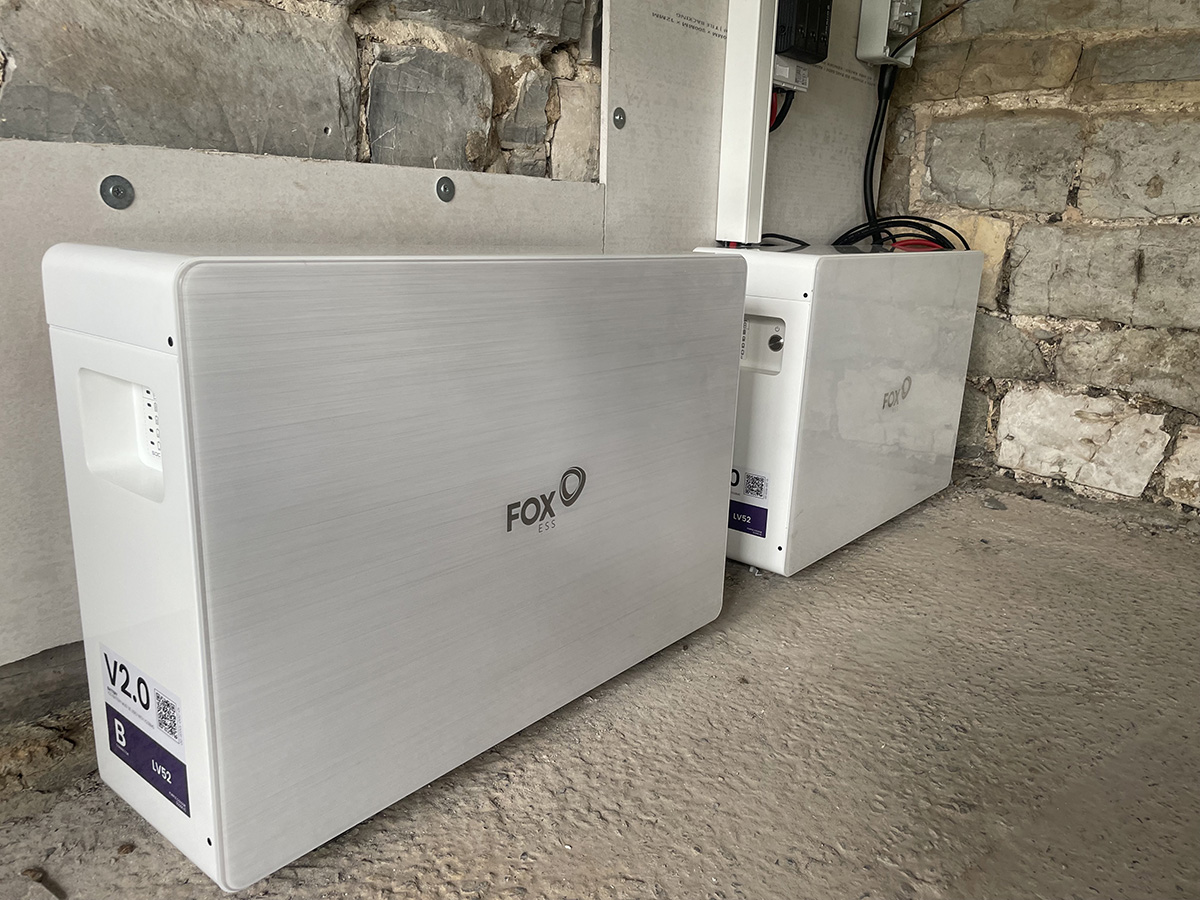Are you considering installing solar PV?

If you're considering solar panels for your house in the UK, it's important to assess various factors to determine the number of panels and the amount of battery storage capacity you might need. By carefully considering these factors and seeking expert advice, you can make an informed decision that meets your energy needs while maximising the benefits of renewable energy. Several factors influence the number of solar panels required for your home. The size of your house is a crucial consideration since larger homes tend to have higher energy consumption. On average, a residential solar panel system in the UK consists of around:
- 1 Bed house on average has between 6-8 solar panels
- 2 bed house on average has between 6-10 solar panels
- 3 bed house on average has between 10-14 solar panels
- 4 bed house on average has between 10-18 solar panels
- 5 bed house on average has between 14-26 solar panels
However, it's essential to note that these numbers are general estimates and may vary based on individual circumstances.
Understanding your household's energy consumption patterns is another key factor. Analysing your electricity usage can provide insights into how much energy you need to generate and store through solar panels. By reviewing your past energy bills and identifying peak usage periods, you can estimate the amount of electricity you'll require daily, monthly, and annually. The geographical location of your home is also significant.
Areas with more cloud cover or less direct sunlight may require additional panels to compensate for the reduced solar energy availability. Available roof space is a determining factor in the number of solar panels you can install with items such as soil pipe vents, Velux windows and chimneys obstructing the installation of solar panels. Rooftop installations maximise exposure to sunlight but do make maintenance harder throughout the solar panel lifespan. A larger roof area with optimal sunlight exposure can house more panels, while limited roof space may restrict the number of panels you can install. Panel efficiency is another consideration. Higher-efficiency panels generate more electricity per square metre, allowing you to generate more power with a smaller number of panels but not all solar panels can be connected to certain Inverters as they all have maximum input values.
When selecting solar panels, it's important to review their efficiency and warranty ratings and choose the most suitable option for your needs and budget. Now, let's discuss battery storage. Battery storage systems are used to store excess solar energy generated during the day for use during periods of low or no sunlight, such as nighttime or cloudy days. The amount of battery storage you need depends on your energy consumption and your desired level of energy independence.
To determine the appropriate battery storage capacity, you should consider your daily energy consumption, the amount of energy you want to store, and the duration of backup power you require. A professional solar installer or provider can assess your specific requirements and recommend an optimal battery storage capacity that aligns with your needs. It's important to note that battery storage systems can vary in capacity and the cost increases with larger storage capacities. Therefore, finding the right balance between your energy needs and budget is crucial. In conclusion, determining the number of solar panels and the required battery storage capacity for your house in the UK involves considering factors such as home size, energy consumption patterns, geographical location, roof space availability, panel efficiency, and desired level of energy independence.
Seeking professional guidance from a solar installer or provider will ensure that your solar panel system and battery storage are appropriately sized to meet your energy needs, maximise solar energy utilisation, and provide reliable backup power when needed.



